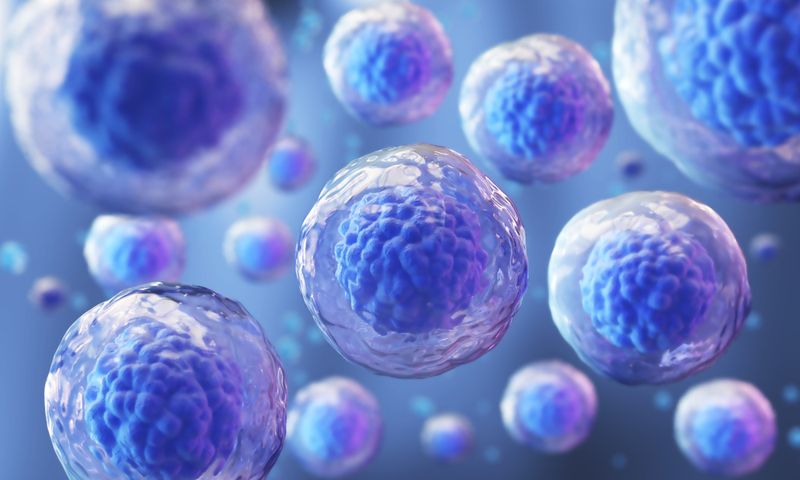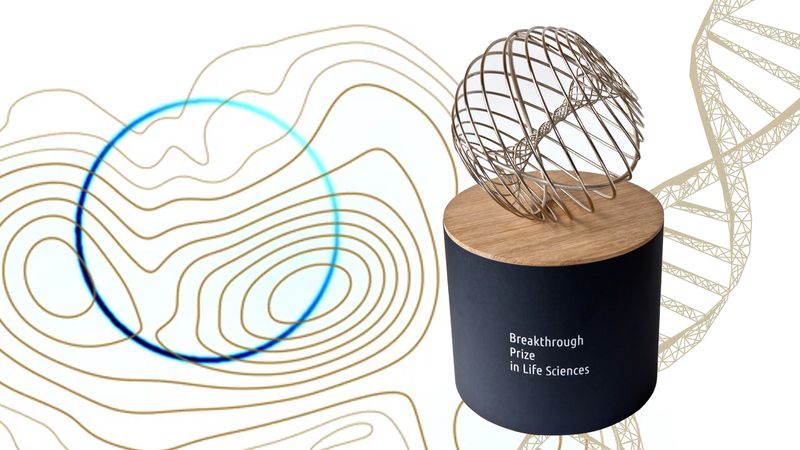Scientists have found a way to reprogram human cells so that they mimic the highly plastic embryonic stem cells that have so much promise for use in regenerative medicine. By essentially wiping the cell’s “memory”, the team have created so-called induced pluripotent stem (iPS) cells, which could be used to regenerate or repair diseased tissue and organs.
iPS cells are a type of pluripotent cell that can be obtained by reprogramming mature human adult cells (“somatic” cells) into an embryonic stem cell-like state. This means that they have the capacity to differentiate into any cell of the body. They were first demonstrated in 2006, and have myriad potential biomedical and therapeutic uses, including disease modeling, drug screening, and cell-based therapies.
Despite this promise, researchers have continually hit a stumbling block that has prevented iPS cells from realizing their potential. “A persistent problem with the conventional reprograming process is that iPS cells can retain an epigenetic memory of their original somatic state, as well as other epigenetic abnormalities,” Professor Ryan Lister, lead author of a paper presenting the latest breakthrough, said in a statement.
“This can create functional differences between the iPS cells and the [embryonic stem] cells they’re supposed to imitate, and specialised cells subsequently derived from them, which limits their use.”
Fortunately, Lister and colleagues have come up with a way to bypass this, with a new method they call transient-naïve-treatment (TNT) reprogramming. By mimicking the reset of a cell’s epigenome, which happens in very early embryonic development, they have managed to create iPS cells that look and behave much more like embryonic stem cells, with significantly fewer differences between the two.
“It solves problems associated with conventionally generated iPS cells that if not addressed could have severely detrimental consequences for cell therapies in the long run,” co-first author Jia Tan said of the potential impact of their work.
Tan’s fellow first author Dr Sam Buckberry went on to explain how the team achieved this groundbreaking feat, first studying changes in the somatic cell epigenome that occurred during reprogramming, then pinpointing when epigenetic abnormalities popped up (midway through reprogramming), before finally introducing a new epigenome reset step to stop this from happening.
The TNT-iPS cells they generated were then differentiated into many other cell types, including cortical neurons, skeletal muscle cells, and lung epithelial cells, and they did so better than those created using the standard method.
“TNT reprogramming corrects epigenetic memory and aberrations, producing [iPS] cells that are molecularly and functionally more similar to [embryonic stem] cells than conventional [iPS] cells,” the study authors write.
“We foresee TNT reprogramming becoming a new standard for biomedical and therapeutic applications and providing a novel system for studying epigenetic memory.”
While they acknowledge that the mechanisms underpinning the epigenome aberrations are still something of a mystery, the team hope that their new method could prove just as explosive in advancing the field of regenerative medicine as its name suggests.
“We predict that TNT reprogramming will establish a new benchmark for cell therapies and biomedical research, and substantially advance their progress,” Professor Lister said.
The study is published in Nature.




